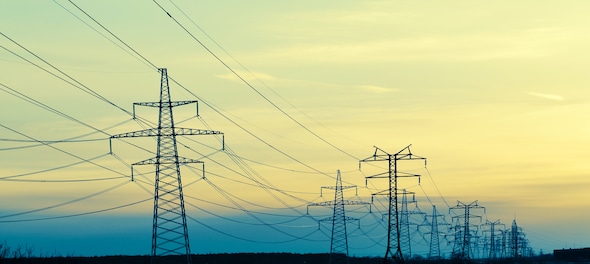
Accusing the Union Power Minister RK Singh of misleading the country on the Electricity (Amendment) Bill, the All India Power Engineers Federation (AIPEF) has sought that its suggestions on the draft should be presented to the Parliament's Standing Committee on Energy before it examines the bill.
Centre had sent Electricity (Amendment) Bill to the Parliament's Standing Committee on August 8. After sending the bill to the standing committee, the Union Power Minister had told CNBC-TV18 that the bill wasn't aiming to cut subsidies for farmers but was trying to ensure a better consumer experience by increasing competition in the sector.
AIPEF has claimed that neither did the Union Government analyse implications of bill's disruptive provisions nor did it learn from past failures or think of implications for discoms and consumers while introducing the bill. The federation contends that the government didn't learn from global experience with open access and competition or the current experience of private Indian discoms.
AIPEF wants Centre to share the burden with states to provide power to farmers as per its welfare mandate to ensure food security, claiming that the bill will make it illegal to set tariffs that don't recover all prudent costs or reduce cross-subsidies, which will endanger the nation's food security and financial stability of farmers.
AIPEF pointed out that even when no power is used, PPAs require that fixed cost of thousands of crores has to be paid, claiming that investment worth lakhs of crores of public funds will be available to private licencees "for a song."
The Federation's list of objections maintains that the possibility of cross subsidy is reducing rapidly with a rise in purchasing price of power, as it says that it isn't possible to bring competition in a sector where a large section of consumers don't pay cost to serve.
AIPEF said that the bill won't allow govt discoms to survive, claiming that they won't be able to even recover interest charges on investment in building a distribution network.
Pointing to instances from western nations where private suppliers had no incentive to support customers who found it the hardest to pay, the federation claims that the cross subsidy balancing fund mentioned in the bill is analogous to the Universal Service Obligation Fund (USOF) in the telecom sector, which faced a duopoly after BSNL couldn't recover the cost for the technology it had installed in rural areas.
Check out our in-depth Market Coverage, Business News & get real-time Stock Market Updates on CNBC-TV18. Also, Watch our channels CNBC-TV18, CNBC Awaaz and CNBC Bajar Live on-the-go!


Lok Sabha Election: Re-elections at a Ajmer booth after presiding officer misplaces register of voters
May 2, 2024 4:54 PM
Rahul will be forced to take out 'Congress Dhoondho Yatra' after June 4: Amit Shah in Bareilly
May 2, 2024 4:36 PM

